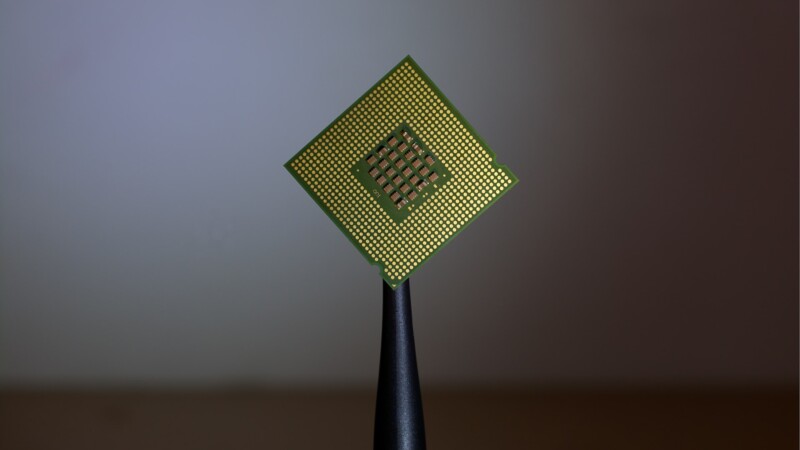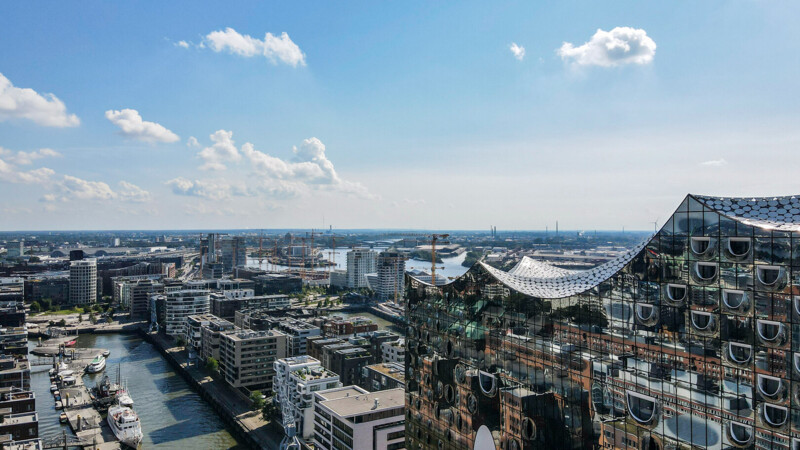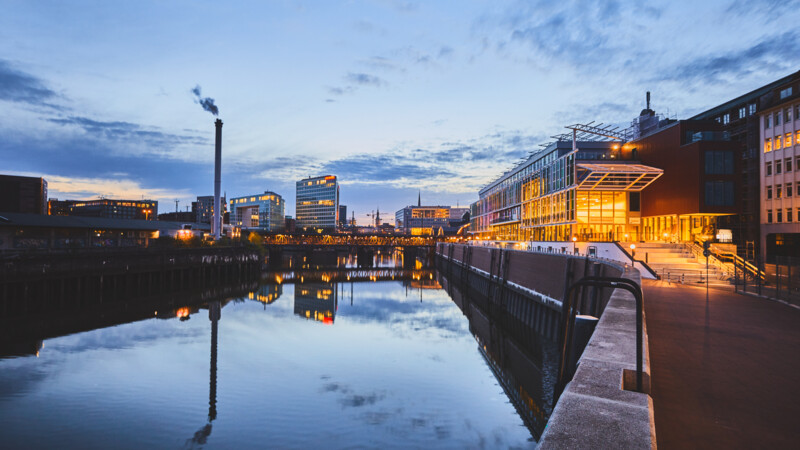ZOQ is one of the few places in the world that can build a next-generation quantum computer, according to the Ministry of Science and Research. Fegebank noted "Hamburg's innovative strength", adding: "The interplay between excellent research such as that at the University of Hamburg's Center for Optical Quantum Technologies, and entrepreneurial application, such as NXP's, is an outstanding example of how innovations enrich our everyday lives." The City of Hamburg and the German government seek to develop and promote quantum technologies jointly in future. The plans foresee setting up a broad quantum computing ecosystem in close co-operation with universities, local companies and start-ups across Hamburg.
Katharina Fegebank, Senator for Science and Research, and Michael Westhagemann, Senator for Economics and Innovation, visited Wednesday (August 18, 2021) the Center for Optical Quantum Technologies (ZOQ) at the University of Hamburg and NXP Semiconductors, a chip supplier, both of which are leaders in quantum technology and likely to shape "Hamburg of Tomorrow". Their visit is part of the new Hamburg Regional Innovation Strategy’s summer tour underway until September 16, 2021.
Hamburg to boost quantum technology
Summer tour of other institutions
"We want to network science and industry even better, expand transfer projects and further advance innovative developments in science and research. We can find precisely tailored answers to key issues facing society and the future," said Fegebank. Other stops on their summer tour include a visit to the Technical University of Hamburg (September 2), DESY (German Electron Synchrotron), Science City Hamburg-Bahrenfeld (September 8) and the Bergedorf energy campus with the IW3 energy transition real laboratory (September 16).
RIS focusing on forward-looking topics
The senate adopted the Regional Innovation Strategy (RIS) under the motto "Working together for a liveable city through innovation" in May. According to the strategy, a "courageous culture of innovation" is to be created based on new definitions of future-oriented issues such as health, climate and energy, mobility, data science and digitization as well as materials science and new materials. Westhagemann commented: "We in Hamburg have the best prerequisites with our universities, industrial partners and start-ups and the IFB investment and development bank as an important promoter of innovation.
tn/sb/pb
Sources and further information
More
Similar articles

Hamburg now banking on quantum computing

Hamburg's new innovation strategy focuses on five future topics

EUR 30 million in EU funds for projects in Hamburg
